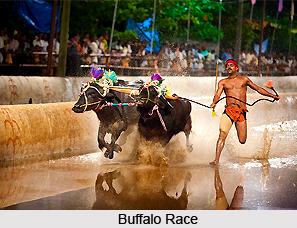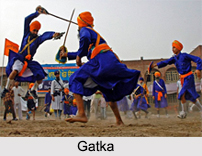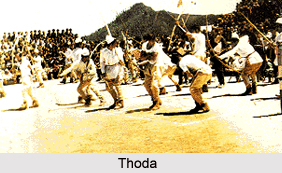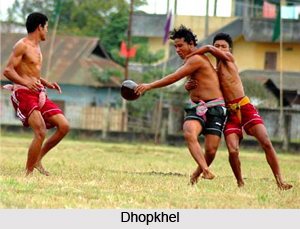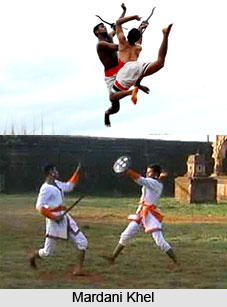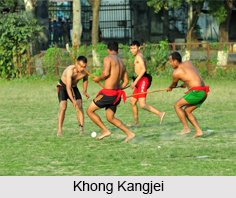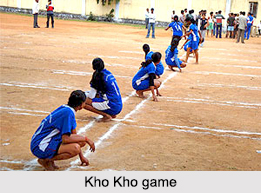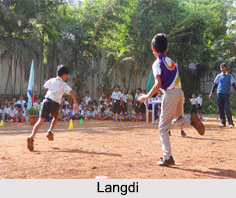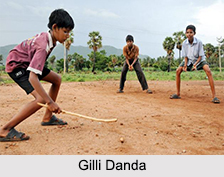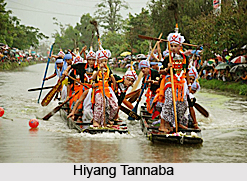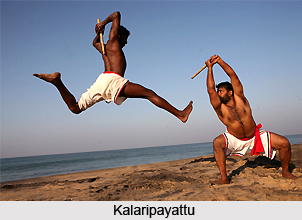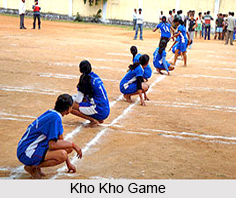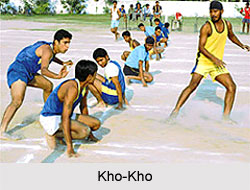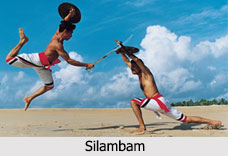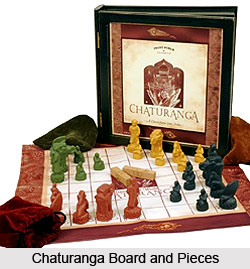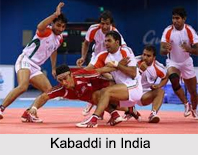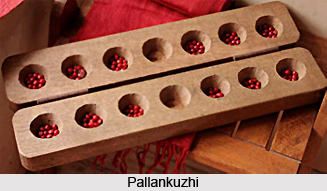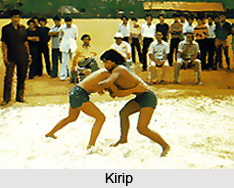 The game of Kirip is an indigenous game among the Nicobarese people of India. This traditional sport of India is also known as "Nicobarese wrestling". Kirip is still famous in the modern times and is organised on a regular basis in different villages of Nicobar.
The game of Kirip is an indigenous game among the Nicobarese people of India. This traditional sport of India is also known as "Nicobarese wrestling". Kirip is still famous in the modern times and is organised on a regular basis in different villages of Nicobar.
Techniques of Playing Kirip
This ancient game is actually a form of wrestling, where the wrestlers grip each other from behind, with their hands, before the bout begins. The wrestlers are not allowed to loosen the grip till the very end of the competition. The participating wrestlers in the game of Kirip use various parts of their body, including the leg and they try to thrust the opponent to the ground. Whenever the back of a contestant touches the ground, he is declared the loser and his opponent automatically wins the match. Usually the wrestlers play three to five rounds between them before the officials give the final verdict.
This article is a stub. You can enrich by adding more information to it. Send your Write Up to content@indianetzone.com
